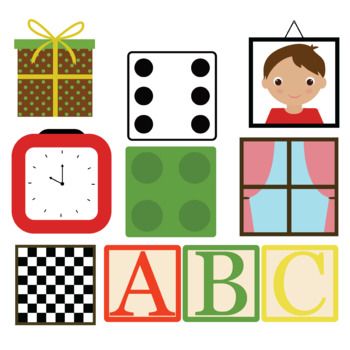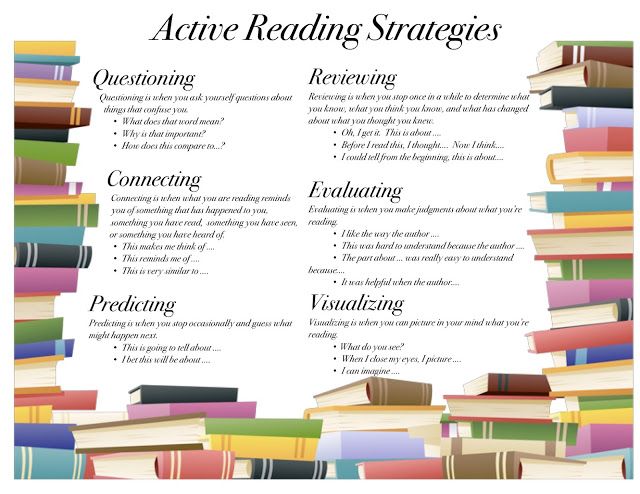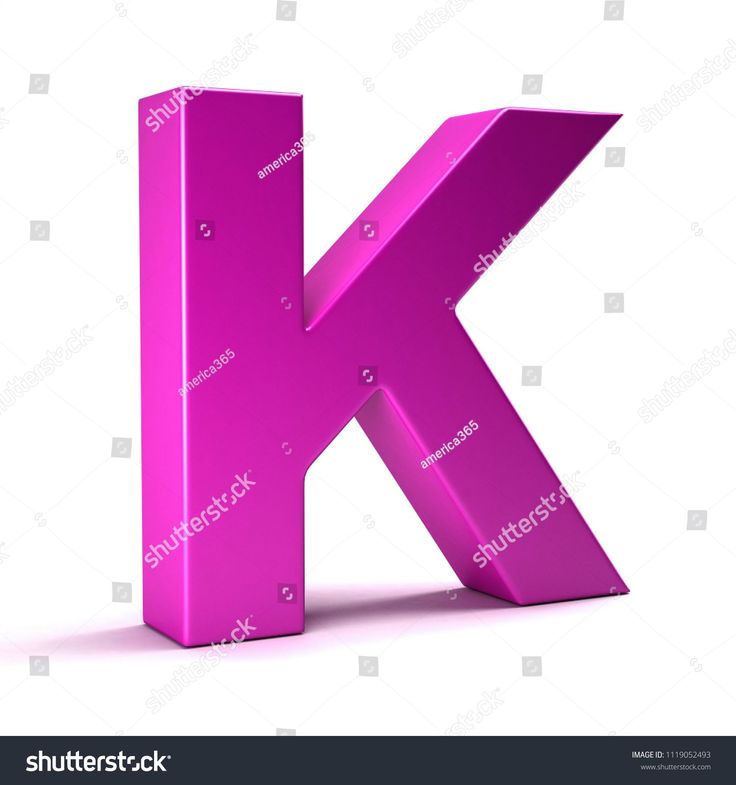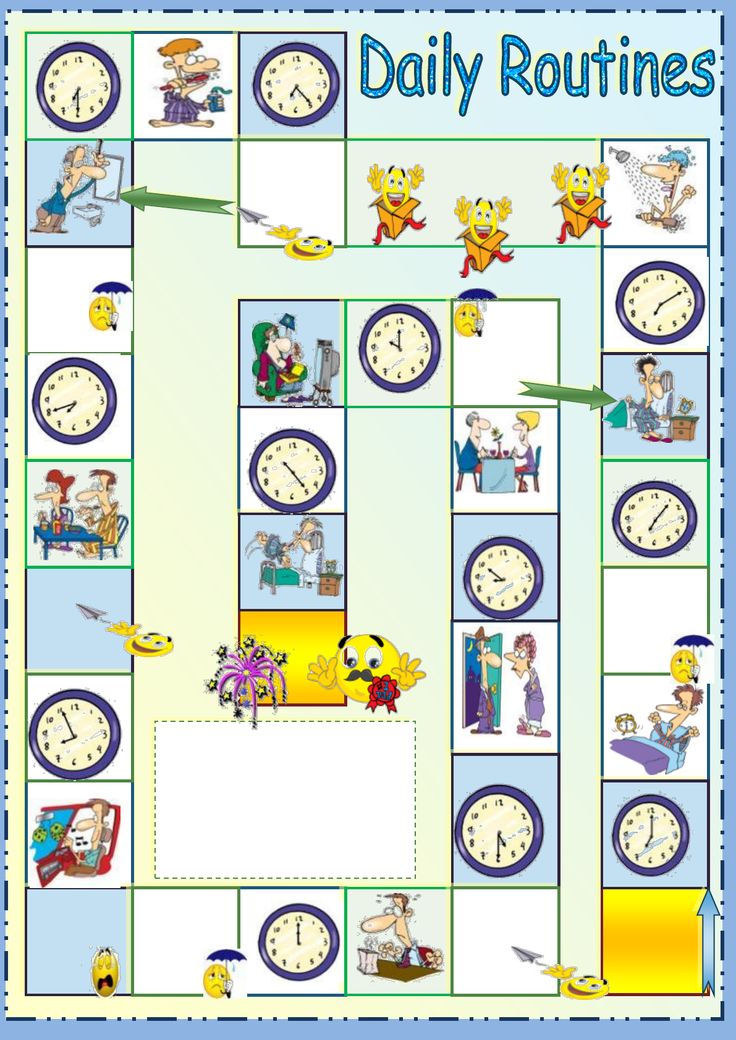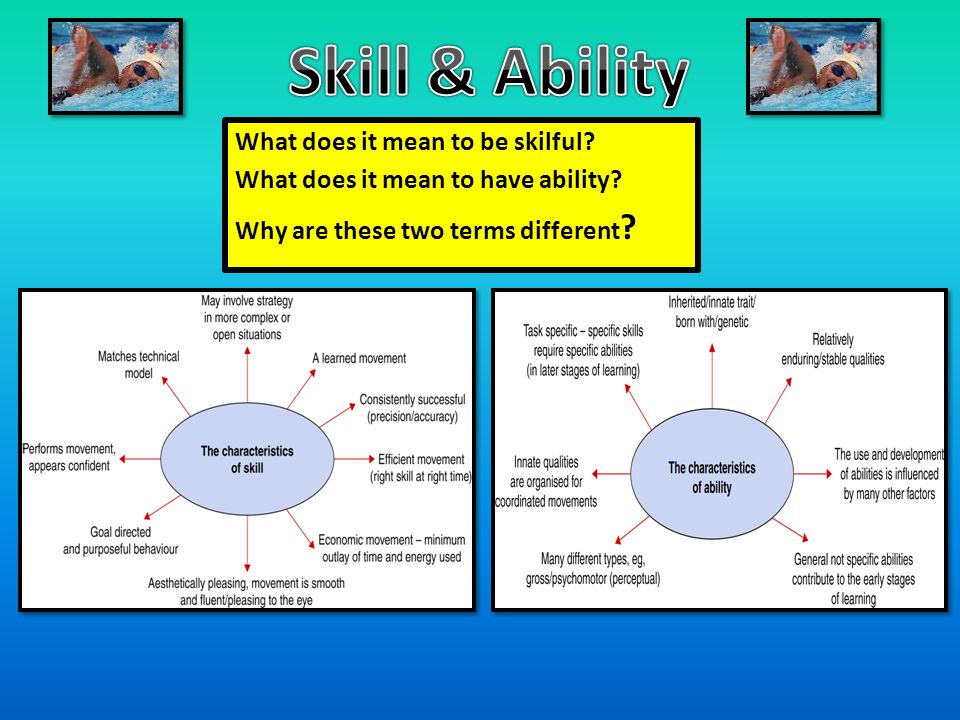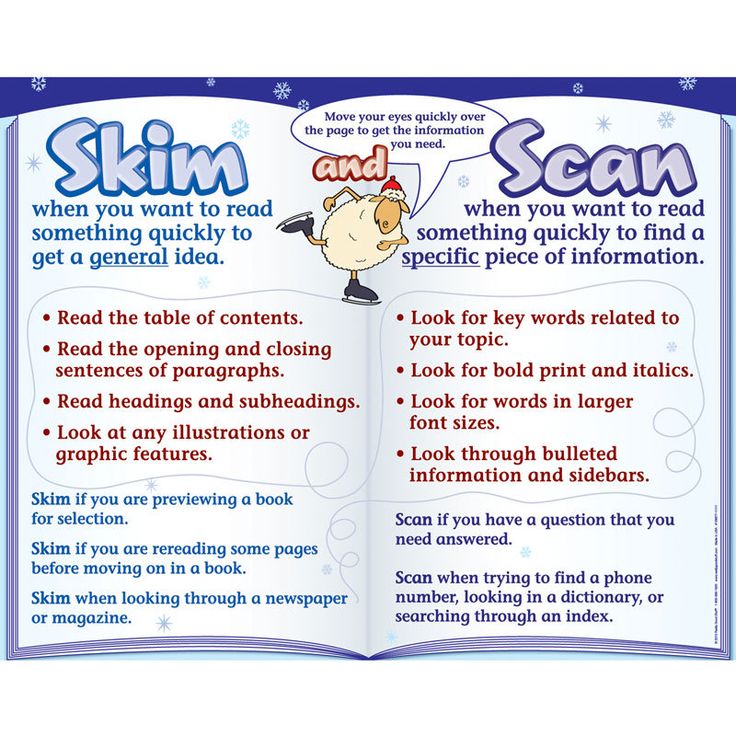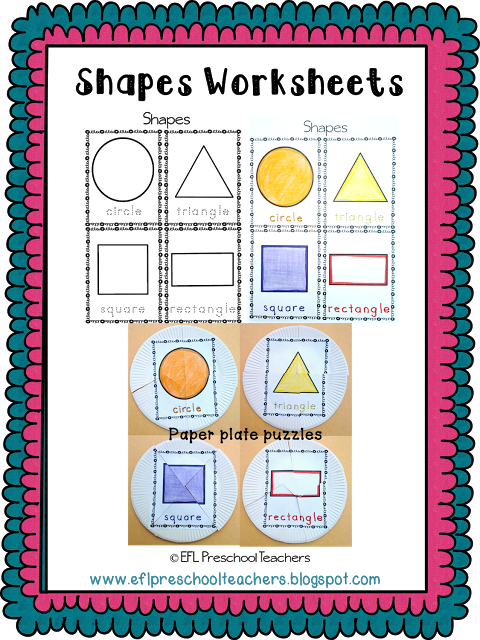List of a words for kindergarten
Words That Start With A For Kids
If you're teaching your preschoolers and kindergartners how to spell, the beginning of the alphabet is a great place to start! To set young learners up for success, consider breaking the alphabet apart and introducing new words, letter-by-letter. Below, you'll find some of the best words that start with A for kids as well as a few activities to show students that learning can be fun.
a words for kids example of ant
Advertisement
Preschool/Kindergarten: A-Word Lists
The excitement and joy over A words for kids begin in pre-K and kindergarten. These little readers can transition from the ABCs to three-letter words that begin with A with these helpful lists and preschool activities.
Short A Words For Kids in Preschool and Kindergarten
When kids are learning the building blocks of phonics, A is one of the most important sounds that they'll learn. Practice identifying and sounding out these basic A words found on most preschool and kindergarten sight word lists.
- a - one, or a specific thing
- add - finding the total of two numbers
- ago - before now or in the past
- an - one; any one; one sort of something
- am - a verb used with the word "I" as the first person singular version of the verb "be"
- and - also; in addition to
- are - plural, present tense of the verb "to be"
- as - the same amount; used to show comparison
- ask - to request the answer to a question
- at - to show the position of something
Easy Words That Start With A
Learning the basics of a sentence is a good start for a lesson about the letter A. If students are ready for a bit more of a challenge, use this mix of short, easy words and longer A words for kids in the classroom. They include fun animals, everyday items and common words found in storybooks.
| able | about | above |
| after | airplane | alligator |
| angel | animal | ant |
| antlers | any | ape |
| apple | arm | arrow |
| art | astronaut | ate |
aunt | away | ax |
Printable A-Word List Activity
Challenge beginning readers to match these A words to the proper pictures in the worksheet below. It's a helpful way to reinforce letter recognition and early reading.
It's a helpful way to reinforce letter recognition and early reading.
View & Download PDF
Advertisement
How to Write the Letter A Printable Writing Practice
Once your preschoolers and kindergarteners can identify the letter A, they can work on writing it. Print out a tracing worksheet for beginning writers to trace upper and lowercase A.
View & Download PDF
Advertisement
A-Word List for Lower Elementary
By the time students reach first grade, it's time to up the ante on their A words list. Here are a few words to continue the journey in 1st grade, 2nd grade and 3rd grade.
- ability - a special talent or skill
- aboard - being on or inside a vehicle, ship, or airplane
- absorb - to soak up
- accuse - to say another person is at fault for something
- across - on the other side or from the other side
- active - a person, thing, or idea which is moving
- actor - a person who performs in a film, television show, or on stage
- adopt - to willingly take someone into a relationship, especially a child
- adult - someone fully mature, generally over the age of 18
- advice - a recommendation provided to serve as a guide to handle a situation
- afloat - something that stays on the surface of the water
- age - the number of years someone has been alive
- agree - to have the same opinions or views
- album - a bound book with blank pages for mountain pictures, etc.
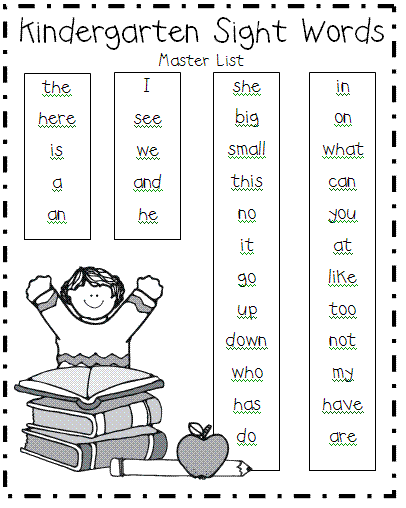
- alike - having similarities
- along - to adhere or stand by; to be next to
- alphabet - a system of letters from a language
- although - regardless of the fact
- amount - how much you have
- ancient - an era that existed a very long time ago
- angry - feeling or showing strong discontent or resentment
- anybody - any person
- apply - something that is relevant or applicable to something else
- April - the fourth month of the year
- Arctic - anything associated with the North Pole region
- artist - a person who creates paintings, sculpture, pieces of writing, music, dance or a variety of other types of creative products
- attract - to draw in
- avoid - to keep something from coming near you
Advertisement
Put on an Award-Winning Play
If your early elementary students are already earning A's for their spelling, consider putting on an A-focused play! Have kids choose words from the list above and incorporate them into an A-plus presentation.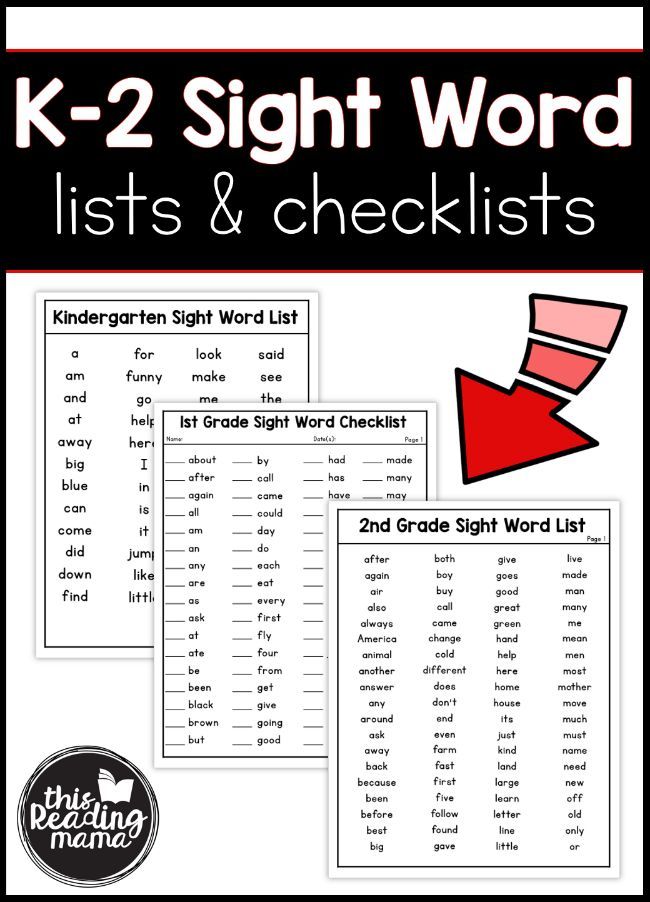
A-Word List for Upper Elementary
Double letters are one of the challenges students may face at this level. Even as adults, we sometimes wonder if accurate has two Cs or Rs. This is a nice opportunity to set upper elementary students in 4th grade and 5th grade up for success.
- abandon - to leave something behind
- access - to approach or enter something
- accommodate - to provide a place to stay
- accomplish - to finish or complete something
- accurate - free from any errors
- achievement - something accomplished through great effort
- address - a written or verbal statement
- adhere - to stick to something
- agony - extreme upset or sadness
- altitude - the height of things above the earth's surface
- ancestor - a person from whom someone is descended from
- anxious - someone who feels uneasy or nervous
- apprehensive - a person who is upset or worried about a future event
- aroma - a smell or scent
- arrest - to take a person into custody for legal purposes
- arrogant - someone who is full of self-importance
- assist - to give help
- assume - to formulate or verbalize an idea with no evidence
- attempt - an effort made to accomplish something
- avalanche - a massive quantity of snow that comes down suddenly
- awkward - a situation that is uncomfortable
Advertisement
Draw Your A Words
A fun way to encourage students to remember important vocabulary words is to ask them to draw one of the words.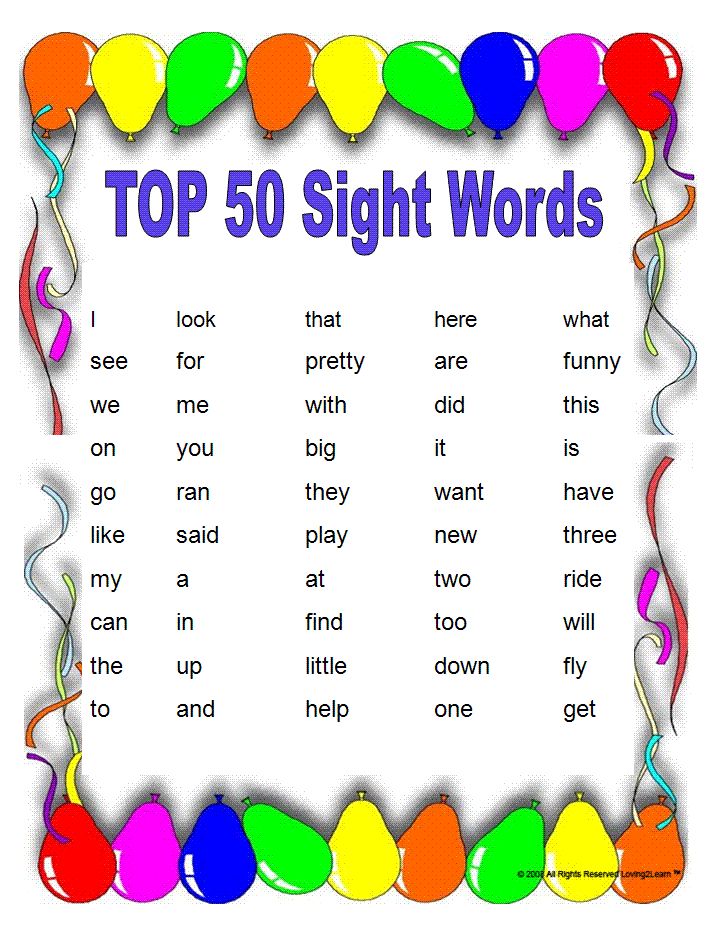 Give them some "free draw" time to select one of their vocabulary words on a sheet of paper. For example, someone who draws "ancestor" can draw their grandparents or someone else in their family.
Give them some "free draw" time to select one of their vocabulary words on a sheet of paper. For example, someone who draws "ancestor" can draw their grandparents or someone else in their family.
Practice Vocabulary Words That Start With A
Below, you'll find a colorful spinner to print out. You'll announce a word and then, based on where the spinner lands, students can either define it, spell it, offer a synonym, provide an antonym, act it out, use it in a sentence, or draw a picture.
View & Download PDF
Advertisement
A-Words for All Ages
Letter A-words abound. And, with the right coaching, we can set our students up for success in no time at all. Take a look at Wordfinder's extensive list of words that start with A. It allows you to create your own word lists, which is a perfect start to a vocabulary list. All you need to do is use the Advanced setting to select the words you'd like to add.
To continue making your spelling lessons fun, check out these words that start with B for kids of all levels.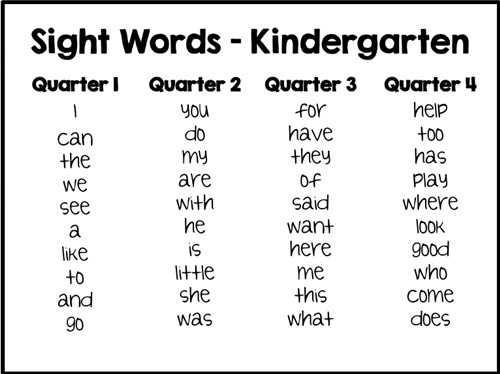 Developing a love of learning as early as preschool is a tremendous key to success.
Developing a love of learning as early as preschool is a tremendous key to success.
Staff Writer
The Basic Spelling Vocabulary List
By: Steve Graham, Karen R. Harris, Connie Loynachan
This list was created to help teachers know which spelling words should be taught to kids in grades 1–5. The list contains 850 words that account for 80 percent of the words children use in their writing — the ones they need to be able to spell correctly.
This list was devised to help educators know which spelling words should be taught to children. The list contains 850 words that account for 80 percent of the words children use in their writing — the ones they need to be able to spell correctly.
Mastering this relatively small corpus of words yields a high rate of return. For example, the most common 1,000 words are used 13 times more frequently than the next most common 1,000 words. It also provides teachers flexibility in planning spelling instruction, providing an opportunity to give children the "basics" while supplementing with other spelling words germane to classroom activities.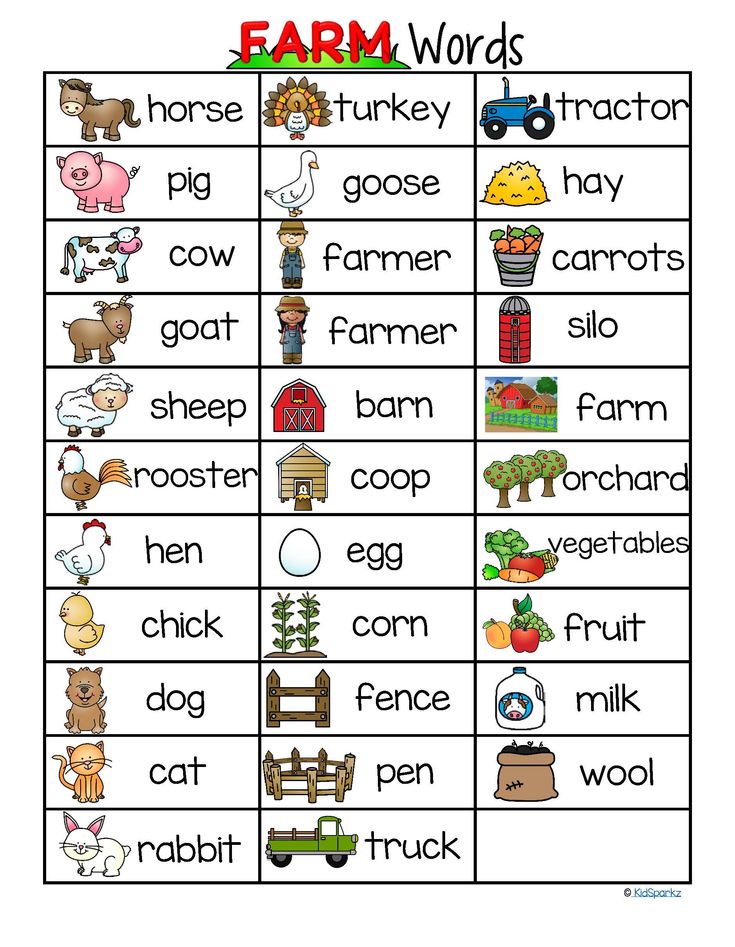
Grade level for each word was determined based upon difficulty, pattern of occurrence in children's writing across grades, and grade placement on current vocabulary lists and spelling materials.
Words that children have difficulty spelling correctly are marked with an asterisk.
Grade 1 | |||
|---|---|---|---|
| a | fat | like* | sat
|
Back to Top
Grade 2 | |||
|---|---|---|---|
| about* | father* | lives | set |
Back to Top
Grade 3 | |||
|---|---|---|---|
| able | even | mind | spelling |
Back to Top
Grade 4 | |||
|---|---|---|---|
| across | during | mountain | sure* |
Back to Top
Grade 5 | |||
|---|---|---|---|
| although | different* | planet | suddenly
|
Back to Top
Graham, S.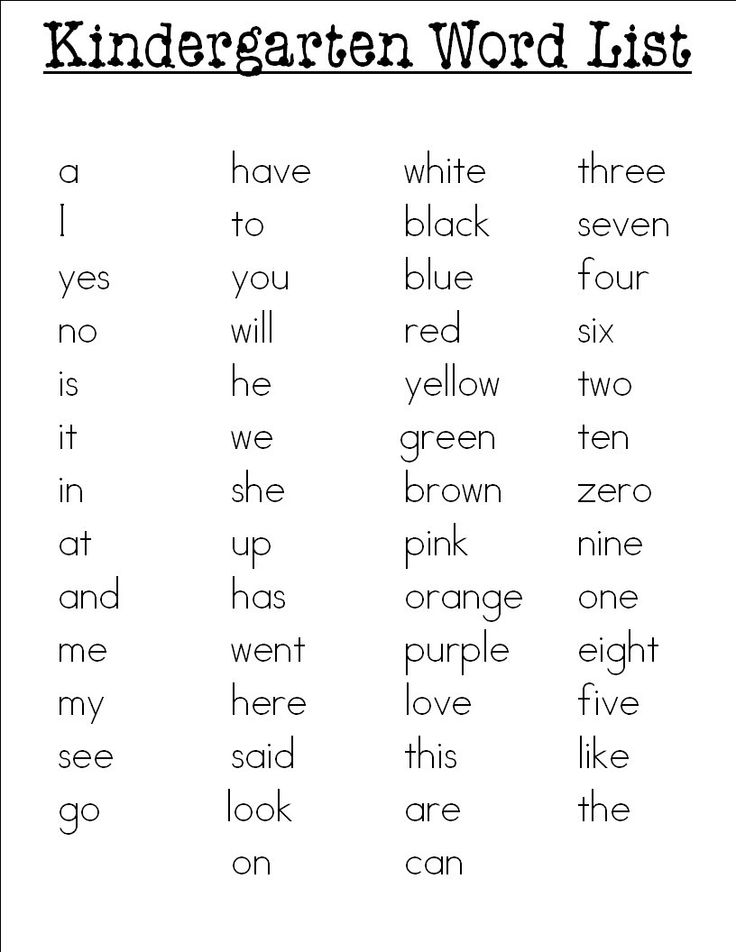 , Harris, K.R. and Loynachan, C. (1993). The Basic Spelling Vocabulary List. Journal of Educational Research 86(6) 363-368.
, Harris, K.R. and Loynachan, C. (1993). The Basic Spelling Vocabulary List. Journal of Educational Research 86(6) 363-368.
Reprints
You are welcome to print copies for non-commercial use, or a limited number for educational purposes, as long as credit is given to Reading Rockets and the author(s). For commercial use, please contact the author or publisher listed.
Related Topics
Early Literacy Development
Spelling and Word Study
Vocabulary
Writing
New and Popular
100 Children’s Authors and Illustrators Everyone Should Know
A New Model for Teaching High-Frequency Words
7 Great Ways to Encourage Your Child's Writing
All Kinds of Readers: A Guide to Creating Inclusive Literacy Celebrations for Kids with Learning and Attention Issues
Screening, Diagnosing, and Progress Monitoring for Fluency: The Details
Phonemic Activities for the Preschool or Elementary Classroom
Our Literacy Blogs
Won’t Student Motivation Be Damaged If We Teach with Complex Text?
Kids and educational media
Meet Ali Kamanda and Jorge Redmond, authors of Black Boy, Black Boy: Celebrating the Power of You
Get Widget |
Subscribe
children's words in English
Child.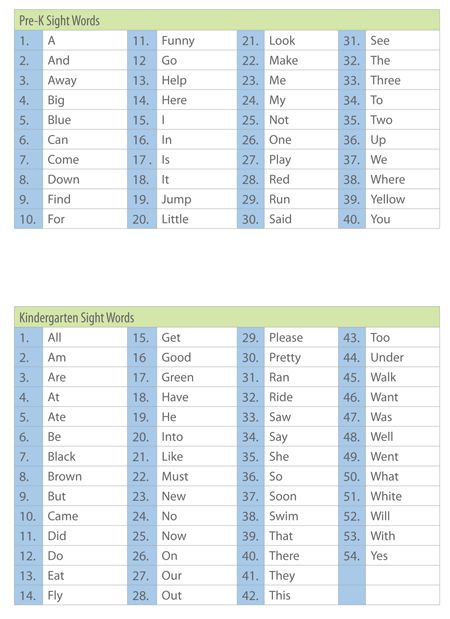 This word in English means child. It can often be found in the list of the most beautiful words. In the same place you will read: sweetheart - cute; butterfly - butterfly; inspiration - inspiration. In Russian, many diminutive words are invented by the children themselves: mommy, toy, yummy. We decided to make a list of "The most kind, touching and cute children's words in English."
This word in English means child. It can often be found in the list of the most beautiful words. In the same place you will read: sweetheart - cute; butterfly - butterfly; inspiration - inspiration. In Russian, many diminutive words are invented by the children themselves: mommy, toy, yummy. We decided to make a list of "The most kind, touching and cute children's words in English."
Many people watch films, cartoons for children in English, and there such words are found in large numbers. Perhaps you have acquaintances or friends with children abroad - here you will definitely need a short study of English from the world of children.
We are used to the fact that any English text consists of standard words on various topics, from which English learning begins. In a kindergarten, for example, they can study the language with children, but they also do not always use children's words in English. Now we will tell you what words are most common among children of native speakers.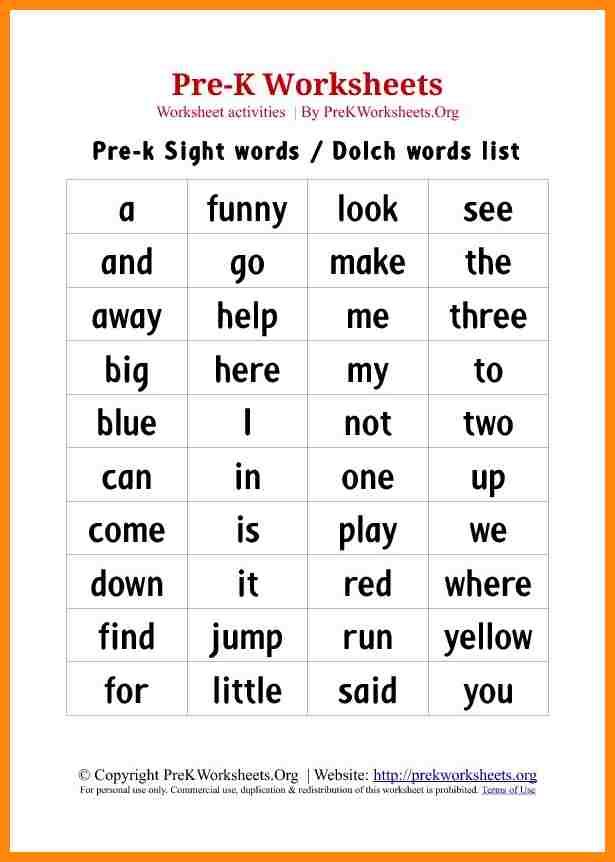 Diminutive children's words in English are created using suffixes: -y / -ie.
Diminutive children's words in English are created using suffixes: -y / -ie.
For example:
Dog doggy - doggy.
Doll dolly - doll.
horse horsie - a horse.
Tune in the right way, remember your childhood and let's dive into the world of children's English together! Let's start learning with a vocabulary for kids.
Binky
Yummy
Uppy
Tiny-winy
Tag
Roly-poly
Go beddy-byes
Baby's first word - often about parents. When the baby says "mom" or "dad" - the soul rejoices, and you just blur in a smile. Over time, the baby learns to talk and affectionately calls you "mommy" and "daddy."
Such childish words in English will sound no less cute 🙂
Mommy ─ mommy; mommy.
Daddy daddy.
Children often say "granny". In English, it will sound like "nanny".
Since only a few words can be made into diminutives in English, native speakers, for the most part, add the words “little”, “sweet”, “dear” to soften the word.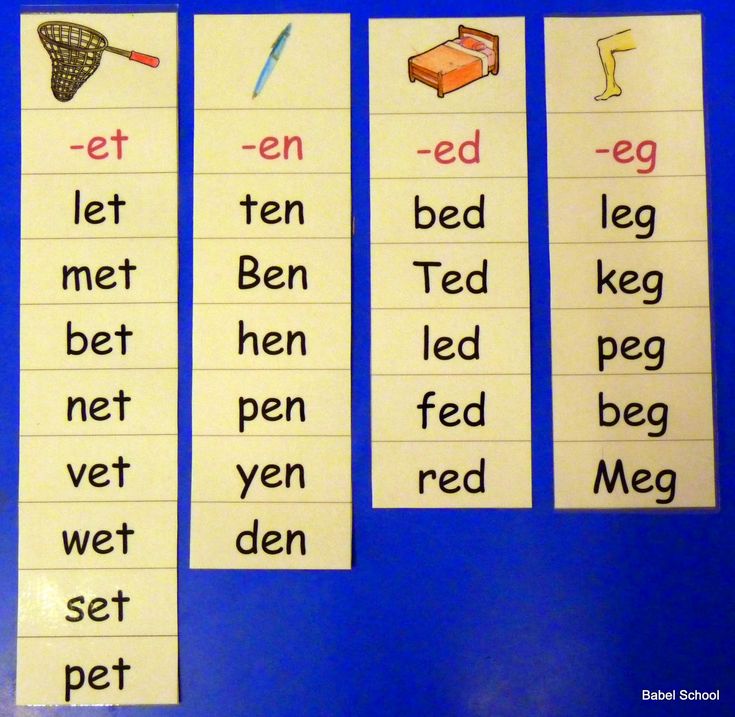
Let's take, for example, the space that surrounds a small child and the place of his first games. The very word “house” for a kid learning English will sound like for an adult - “house”, however, if you add “little”, a serious adult house will turn into a house or even a little house familiar to a Russian-speaking child. The same thing happens with the room - in English it will sound like "little room". But a small city a kid can translate and how "little town", and as "townlet".
There are also more complex suffixes that add emotional coloring not only to children's English, but also to ordinary speech. The already mentioned townlet is just one of many examples. Let's look at them in a table.
| Suffix | English | Russian |
| -let | islet | island |
| -kin | boykin | boy |
| -ule | animacule | animal |
| -ette | kitchenette | kitchenette |
| -ock | hillock | mound |
| +ling | catling; manling; firstling | kitten; little man; firstborn |
Babies use diminutive suffixes not only to name small animals and their cubs, but also for affectionate designations of already adult animals and birds.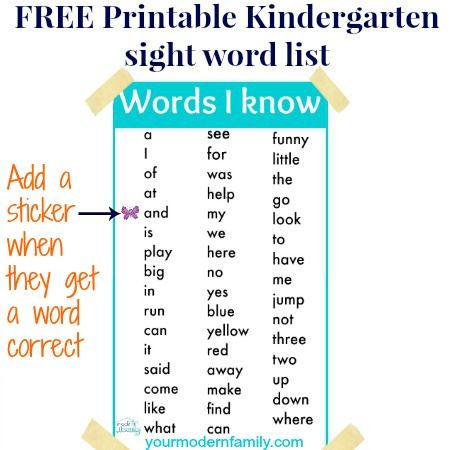 Here's what it looks like:
Here's what it looks like:
owlet - owlet
dovelet - dove
leveret - hare
piglet - pig
In fact, with the right suffixes, almost any word can be made cute and affectionate. In Russian, “dress” becomes a soft synonym for the word “dress”, in English “dress” is formed from “dress”; a suit can be called a “suit”, or you can call it a “suitie” - the logic here is quite simple. Dictionaries do not abound with examples of such derivatives, but that's what fantasy is for, to compose words yourself! 😉
Also in English there are seemingly very childish words that adults use quite often. You must have heard them in songs or movies.
Snookums ─ cute
Honeybunch ─ cute; sweetie
Sweetie pie (US version)
Babykins
Kiddy, childie, moppet
In the same way, children's English brought its ideas to abbreviations. To tell the truth, everything here is also quite concise. For example, in Russian on behalf of "Olga" you can create many affectionate forms: Olenka, Olechka, Olya, Olyusya.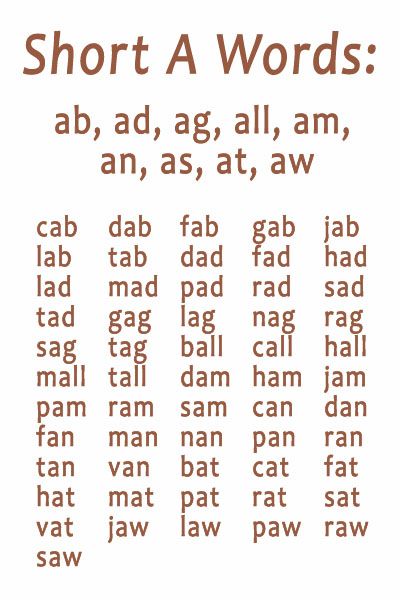 There can be one form in English using the same suffixes.
There can be one form in English using the same suffixes.
John ─ Johnny
Barbara ─ Barbie
Emily ─ Emy
Kathryn ─ Katie
Sandra ─ Sandy
Victoria ─ Vicky
See how simple it is? Learn children's words in English with your childie 🙂 And in our blog you will find not only words, but also useful materials for self-study of English.
Everything will be English with Allright!
Fun games in kindergarten - Kindergarten and child
This article contains fun games in kindergarten. The games were prepared by Natalya Prishchepenok, a methodologist at the Kirov Children's and Children's Educational Institution. Illustration by Anna Lukyanova.
Kindergarten fun game "Guess the syllable"
This is an active fun game that can be played in the kindergarten on a walk or in the gym. The main thing is that the players have a flat surface under their feet.
Any fun game in kindergarten is not just for fun, it sets a number of developmental goals and objectives.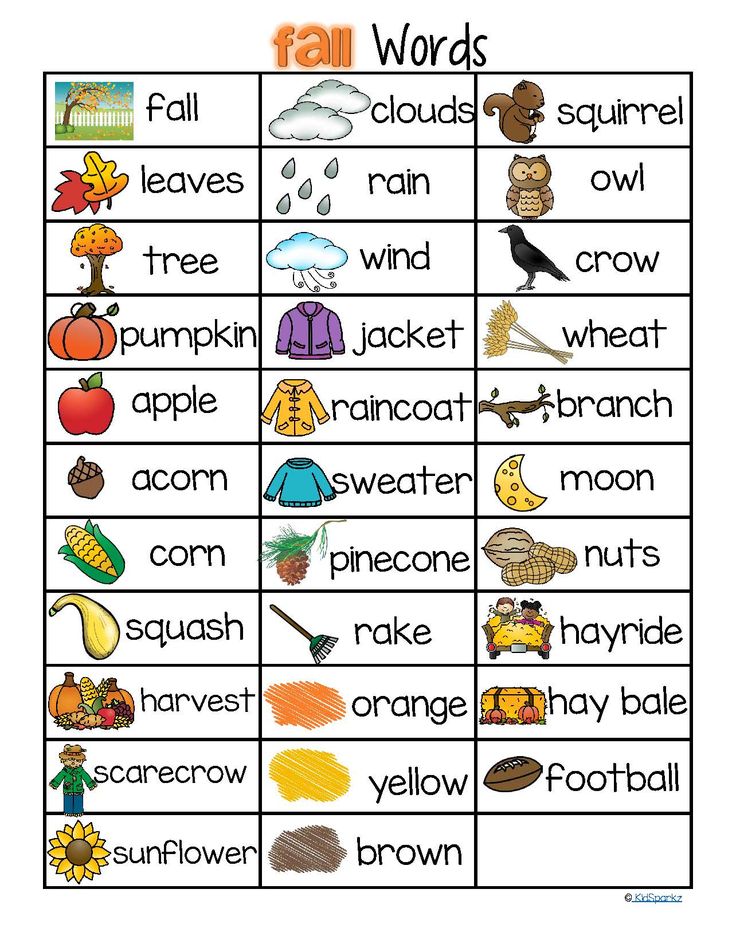
The goal of the fun game "Guess the syllable" is to train children's attention, ability to listen and take actions only after they understand what is being said. Also during this fun game in kindergarten, children get acquainted with new words and concepts. Each time, giving the teams words, the teacher should ask the children if they know the meaning of a particular word, and if not, introduce the children to an unfamiliar concept.
A line is drawn on the floor or on the ground, along which the participants of the game stand. Up to twenty people can play, divided into two teams. You need to stand up as follows: the toe of one leg is at the line, the second leg is slightly behind.
The task of the team members - after hearing his word, which the leader will say, cross the line and hit someone from the other team. Then everything is repeated from the beginning.
Words can be different, meaning that each time both pairs of words begin with the same syllables.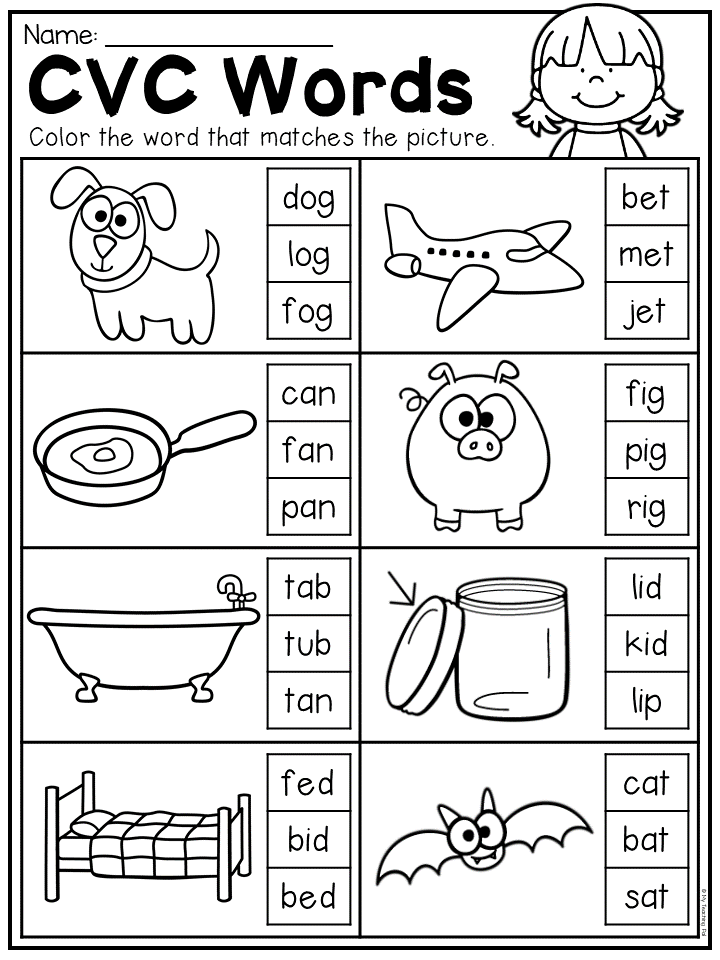 Each pair of words can be repeated five or six times. The host pronounces the word, deliberately stretching the first syllable to give the game intrigue and interest the children. Before each change of words, the leader agrees with the teams who will have which word.
Each pair of words can be repeated five or six times. The host pronounces the word, deliberately stretching the first syllable to give the game intrigue and interest the children. Before each change of words, the leader agrees with the teams who will have which word.
Examples of word pairs: cow - crown, butterfly - grandmother, camel - helicopter, plane - scooter, cheburek - Cheburashka, transition - pass, dam - carpenter, change - break, desert - emptiness, ball - scarf, mittens -
Funny game for kindergarten "Dandelions"
Funny game "Dandelions" is held in kindergarten to develop coordination of children, develop attention.
Up to twenty people can participate in the fun game "Dandelions". All children stand in a circle. The right palm is raised up, and the index finger of the left hand is placed on the neighbor's open palm.
The facilitator says that everyone is now becoming a dandelion, and dandelions have this feature: when the sun is shining, their flowers are open, and if it starts to rain, all the flowers are closed.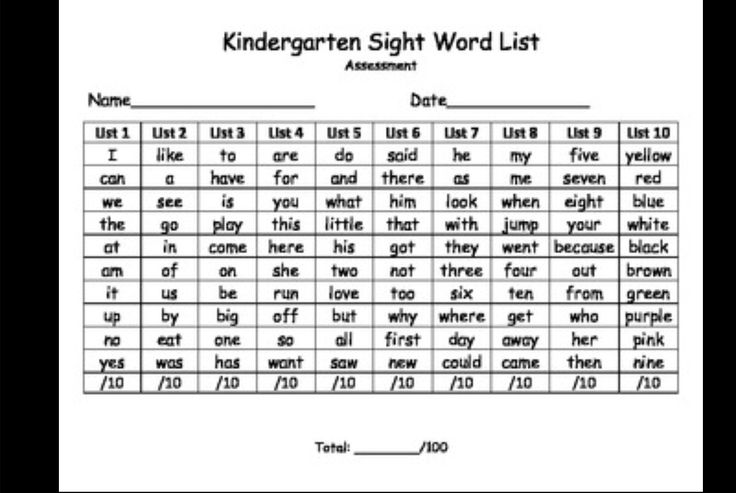 The left hand of all the players symbolizes the bee, which must be sure to quickly fly away from the flower when it closes so that it does not close in a dandelion.
The left hand of all the players symbolizes the bee, which must be sure to quickly fly away from the flower when it closes so that it does not close in a dandelion.
If the leader says: “Sun”, all palms are open, and the “bee” fingers of each are on the palm of the player on the left. When the host says: “Rain”, everyone should close their palms and try to simultaneously catch the neighbor’s finger with their right palm, and quickly remove their finger from the neighbor’s palm on the left to prevent him from catching it.
This fun game always brings excitement. You can also play it for the winner: each time those who are caught leave the circle.
Fun game for kindergarten “What do you take with you?”
This fun game can be played standing or sitting in a circle. The leader tells each player where he is going. The player must say which item he will take. The subject must begin with the same letter as the place where the player is going. For example:
- You go to the cinema and take with you .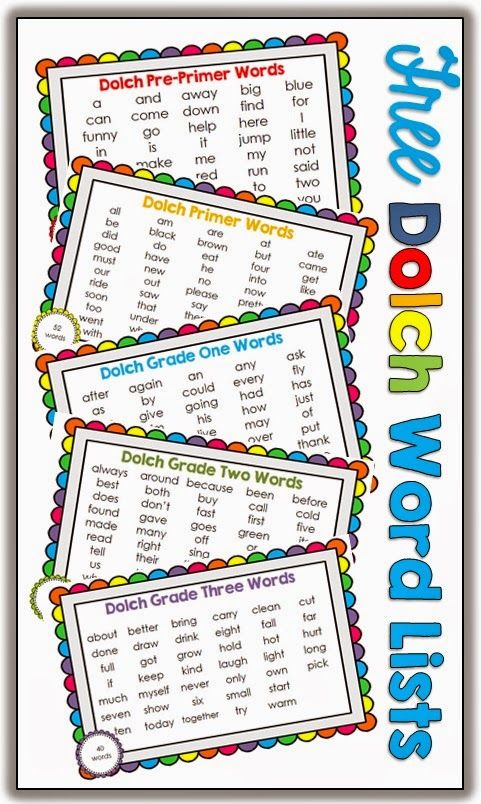 ..
..
— Envelope.
- You go to the theater and take with you ...
- Cake.
Anyone who cannot name a word starting with the corresponding letter is out of the game.
Second option. The players throw the ball to each other, saying where to go. The one to whom the ball was thrown catches it and says that he takes it with him. Then he throws the ball to the next player.
For example:
- You go to school and take with you ...
- Chocolate.
— You go to kindergarten and take with you…
- Bag.
This fun game for kindergarten always brings joy to the children.
A modification of this fun kindergarten game is the Knock-Knock-Knock Train game.
Fun game for kindergarten "Tuk-tuk-tuk"
All players stand in a circle. The host goes in a circle with the words: “Tuk-tuk-tuk, the engine makes a cheerful sound!”. After that, the train stops in front of someone and the host announces: "Station .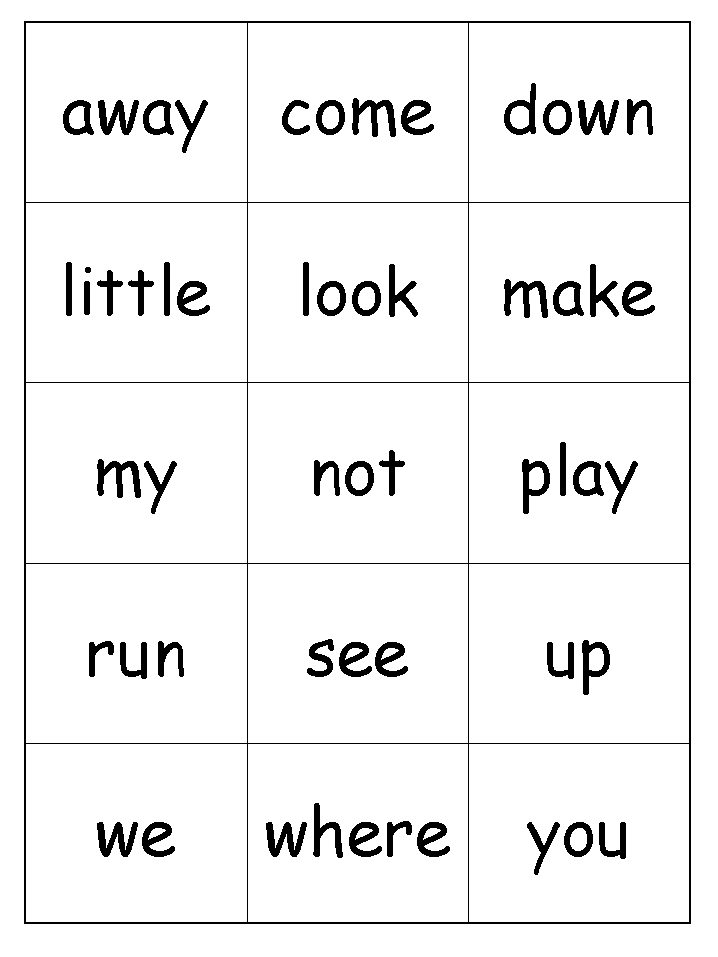 ..", pronouncing the name of the city. The one in front of whom the train stopped says: “I take with me ...”, naming an object whose name begins with the same letter as the name of the station. He then joins the train, becoming a trailer, and they continue to walk in circles together. This continues until all participants in the game join the train..
..", pronouncing the name of the city. The one in front of whom the train stopped says: “I take with me ...”, naming an object whose name begins with the same letter as the name of the station. He then joins the train, becoming a trailer, and they continue to walk in circles together. This continues until all participants in the game join the train..
Fun game for kindergarten “A walk in the zoo”
Children are divided into two teams. Each team has the task of pulling out a figurine of an animal from a box or bag and depicting it in such a way that the other team guesses what kind of animal it is. You can show animals individually. When showing, you need to depict the characteristic features of animals.
A variant of this fun game is the animal relay race. Teams pull animals out of the bag at the same time and, at the command of the host, move to the finish line in the same way as these animals move. Sounds cannot be produced.
Animal examples: frog, hare, cat, deer, horse, bear, snake, fox, tortoise, squirrel, chicken.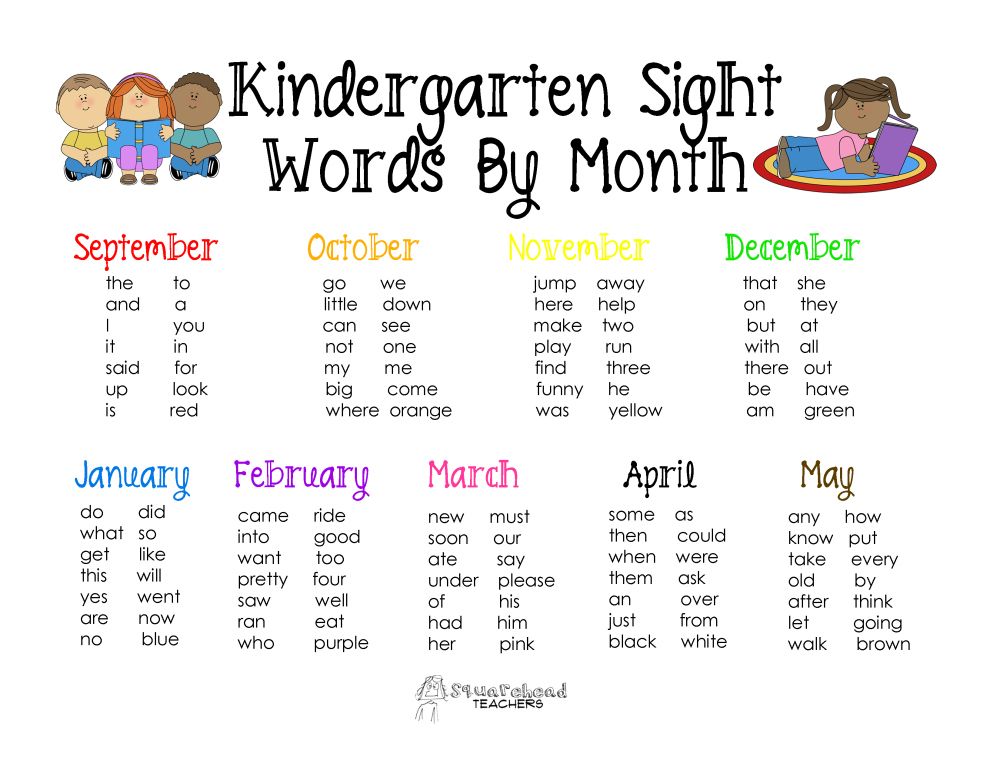
Variant of the game: one team, having taken an animal out of the bag, depicts how it moves, and the second team, having guessed this animal, voices it, imitating the voice of the animal. This game can also be paired and individual.
Fun game for kindergarten "Singing Zoo"
The game develops creativity.
Task - sing (grunt, croak, hum, etc.) a famous song in the voice of an animal.
The task can be executed individually or by commands. The animal, with the voice of which the children will sing, can be pulled out of the bag, as in previous games - in the form of a toy.
Fun game for kindergarten "Chorus from the Zoo"
The game develops attention, the ability to hear. Everyone is divided into groups of three. Everyone in the group thinks of some kind of animal (or the leader whispers the names of animals in everyone's ear). Then, at the signal of the host, all together in a trio loudly make sounds with which the hidden animal “talks”.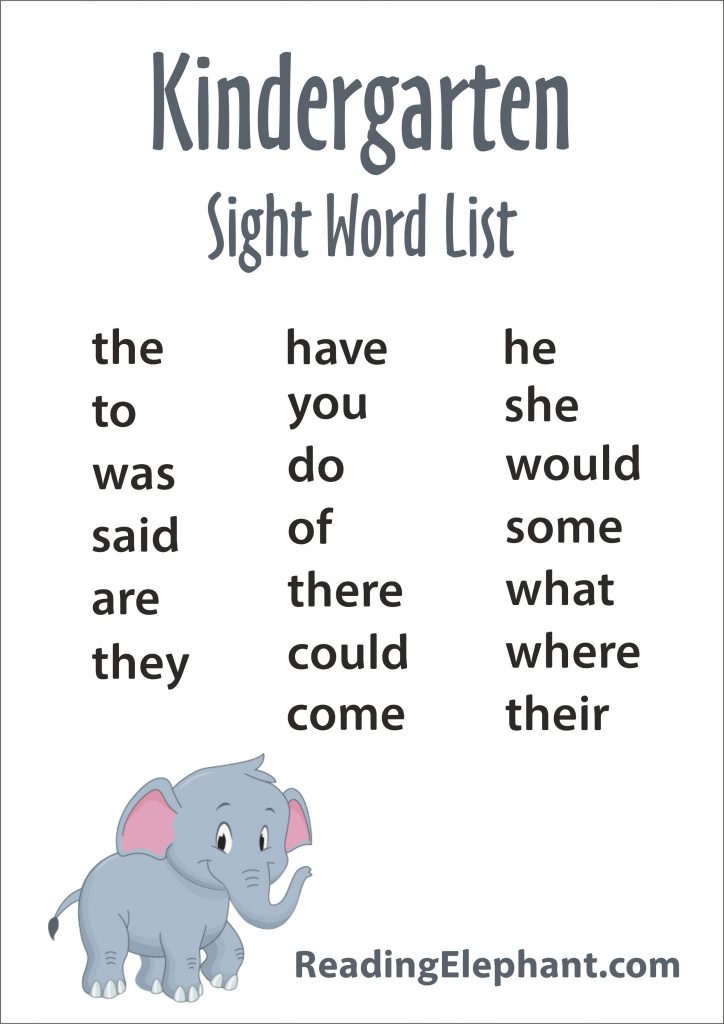 Everyone else guesses which animals were guessed. And so each group in turn.
Everyone else guesses which animals were guessed. And so each group in turn.
A more complex version - the sounds are made not by one group, but by several.
Fun game for kindergarten "Logic chain"
The game develops logical thinking, creative imagination, enriches vocabulary. In the game, children learn to build sentences, argue their point of view.
Both two teams and children divided into pairs can play.
Each team makes a chain of objects, and the other team explains how these objects are sequentially connected to each other. Then the teams change. The same process occurs in pairs. The explanation may be similar to a logically built story, or it may be based solely on the description and parameters of objects. For example, a toy dog is made of the same material as a toy apple - plastic. The car is the same color as the apple - red. The doll is also plastic, and her dress is red. The cube is square, like the body of the typewriter.
There may be a creative logical explanation.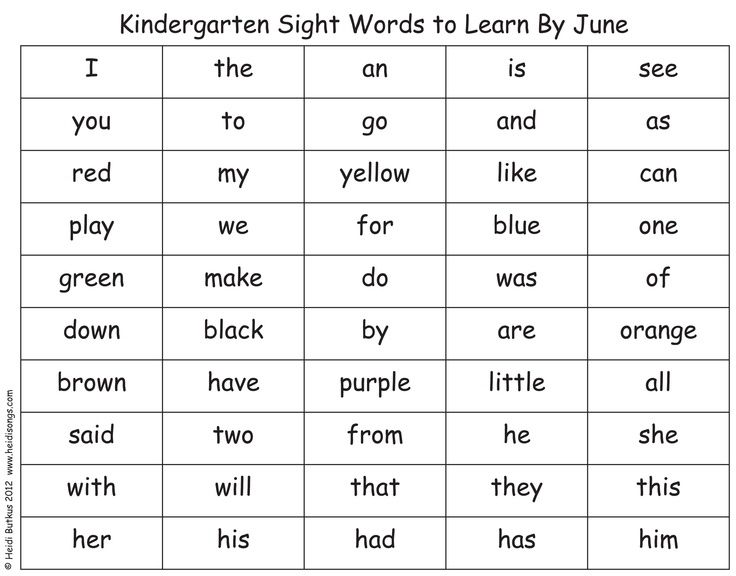 For example: on the table there are a toy dog, an apple, a car, a doll, a cube lined up in a row. The explanation can be, for example, this: the owner of the dog loves to eat apples and always takes them with him when he walks the dog. Apples are brought to the store by a car. And next to the store that sells apples, there is a toy store that sells dolls and blocks.
For example: on the table there are a toy dog, an apple, a car, a doll, a cube lined up in a row. The explanation can be, for example, this: the owner of the dog loves to eat apples and always takes them with him when he walks the dog. Apples are brought to the store by a car. And next to the store that sells apples, there is a toy store that sells dolls and blocks.
Do not limit children with any rules and algorithms for finding a logical connection between objects, let them think for themselves. This game will also be a little diagnostic - during it you can see how children think, who has more figurative thinking, and who has practical.
Fun game for kindergarten "Find the object"
The purpose of the game is to study or repeat letters, enrich vocabulary, develop the ability to act quickly on a task.
Can be played indoors and outdoors.
Task - within a certain time to find in the kindergarten for a group or in the area objects whose names begin with the letter that the presenter calls.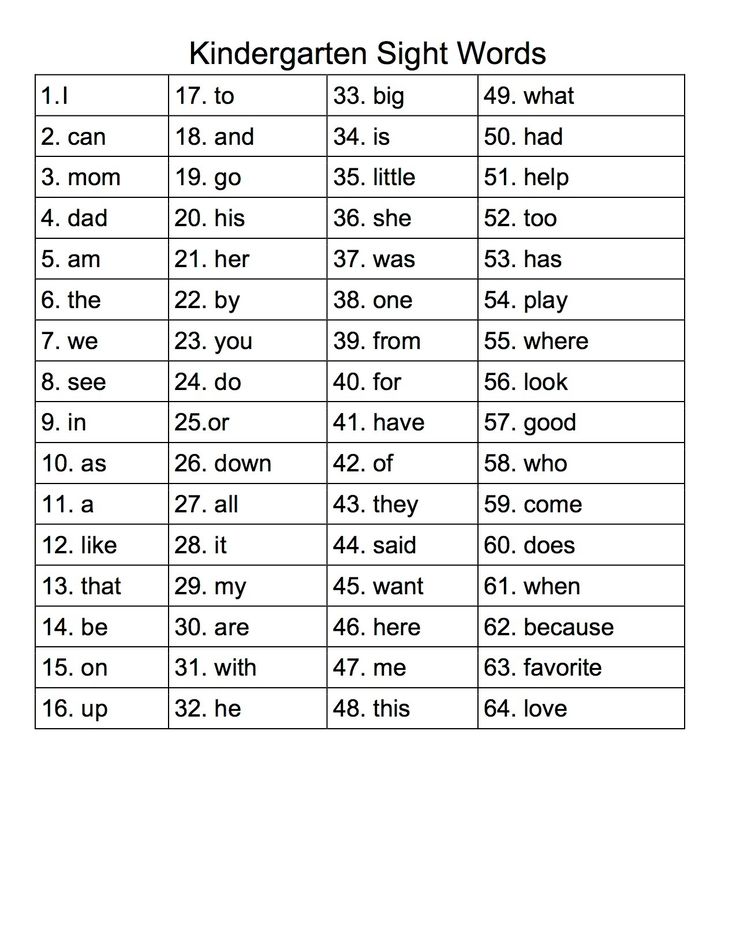 Everyone must either bring an item or go up to it and show it to the host, naming this item.
Everyone must either bring an item or go up to it and show it to the host, naming this item.
Fun game for kindergarten "Guess the details"
Task - Guess the object by one of its details drawn in the picture or presented in the photograph.
You can play both in teams and individually. The game develops observation, attention and imaginative thinking.
Example items:
Bicycle (handle can be shown)
Skis (ski bindings)
Earflap hat (ears)
Watermelon (watermelon tail)
Cat (tail)
Car (headlight, wheel or steering wheel)
Moon (lunar craters)
House (roof, chimney, porch)
Elevator (buttons)
Computer (mouse)
)Lock (keyhole)
Key (key beard)
Skates (skate blades)
Boots (laces)
Shoes (heels)
Boots (zipper).
Fun game for kindergarten "Fly away - stay"
This game is also suitable for direct-educational activities in the educational area "The World Around".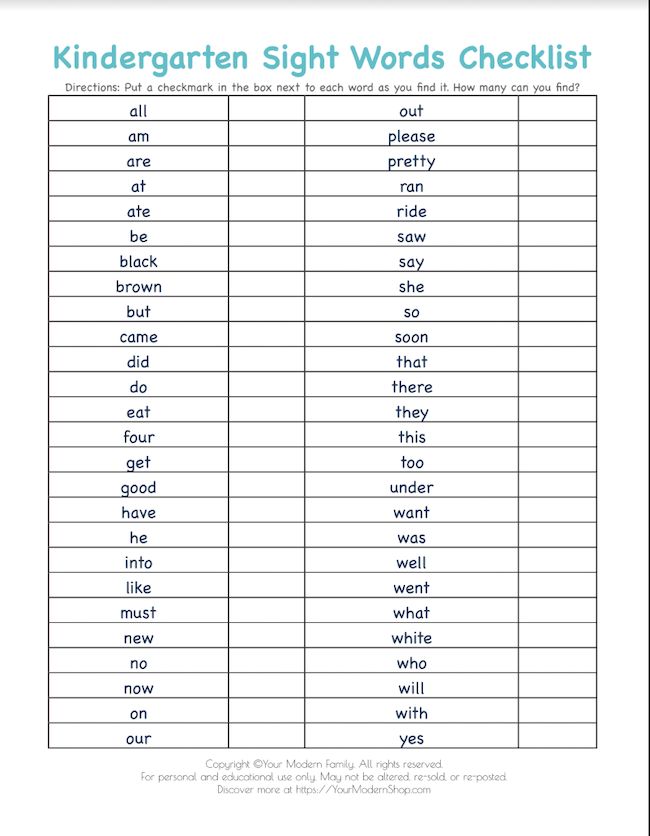
The task of children is to guess which birds are wintering and which are migratory, waving their hands like wings, when the host calls the birds that fly away to warm countries for the winter, that is, migratory birds, and stay in place, nothing doing, if the leader calls the birds that stay with us for the winter, that is, not migratory. You can also show the children pictures of birds.
Examples of birds: sparrow, crow, swan, duck, black grouse, partridge, thrush, dove, parrot, rook, hen, oriole, penguin (since it does not fly at all, this can bring a cheerful animation to the game).
Fun game for kindergarten "Whose portrait?"
The game develops attention, observation, the ability to act in a team.
Task — each of the teams (there can be 3-5 people in a team) needs to find out the portrait of which literary hero is in front of them by one of the details shown to them. The team that correctly guesses more portraits in one minute wins.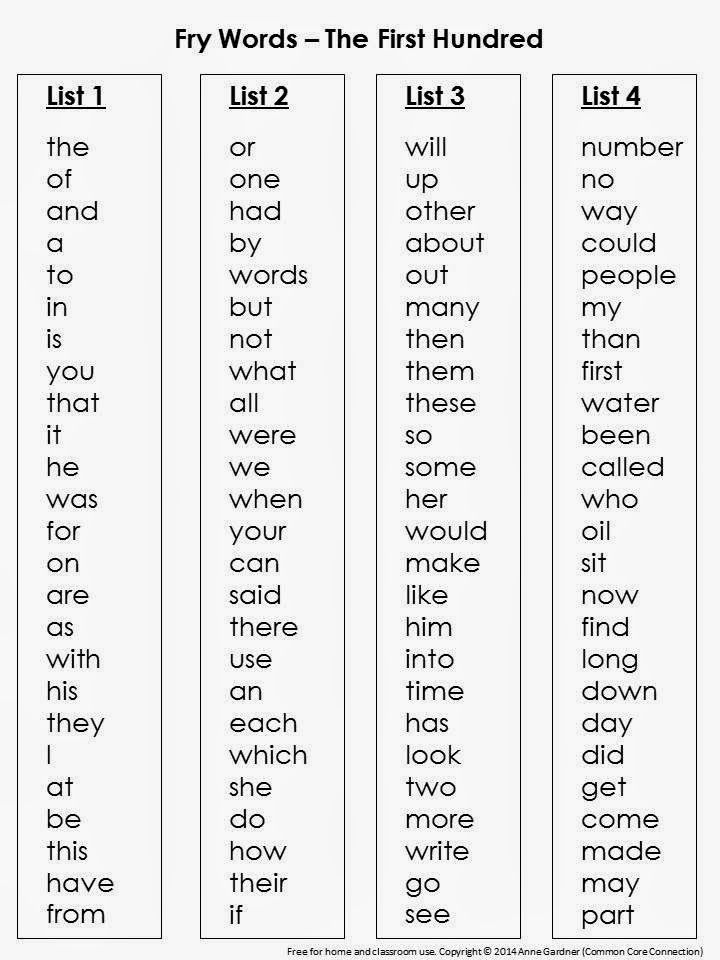 The task can be completed individually. You can draw portraits and their elements yourself or use real objects. As an option, you can simultaneously offer children these works so that they compare characters and books.
The task can be completed individually. You can draw portraits and their elements yourself or use real objects. As an option, you can simultaneously offer children these works so that they compare characters and books.
Examples of literary characters and elements of their portraits: Pinocchio - cap, nose; Malvina - blue hair with a bow; Karabas-Barabas - beard; Chicken Ryaba - a golden egg; Chippolino - green onion feathers; Cinderella - shoe, pumpkin; Puss in Boots - boots; Harry Potter - wand, glasses; Little Red Riding Hood - hat, basket.
Fun game for kindergarten "News"
The presenter plays the role of the presenter of a TV news program. All children stand in a circle. The presenter says: “Dear viewers! Look at the news from the city (names the city). In this city today, everyone ... (names some action). All other players perform this action. For example, dancing, jumping and so on. The leader evaluates the quality of the task and chooses the one who liked him more than the others.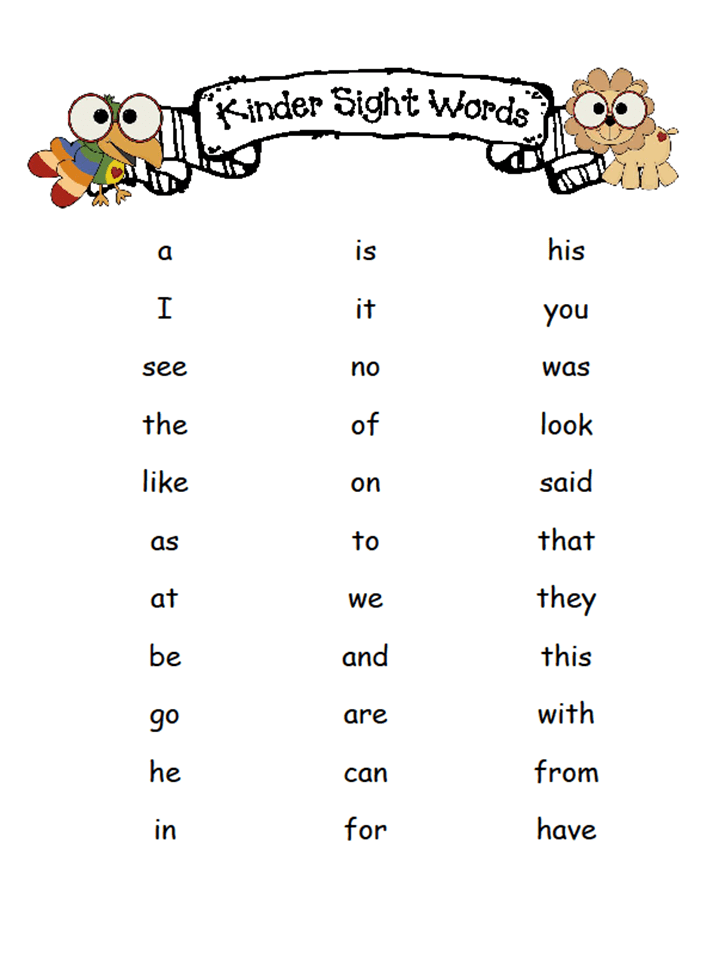 This person becomes the new leader. It is desirable that as many players as possible be the hosts.
This person becomes the new leader. It is desirable that as many players as possible be the hosts.
More complicated: the action can match the name of the city from which the news is “displayed”.
Fun game for kindergarten "Pieces"
The game develops attention, the ability to divide words into syllables and compose words from syllables, vocabulary replenishment.
Task - two or more teams of children (there can be from three to five people in a team) are given a set of words cut into syllables. The task of the teams is to add as many words as possible from the proposed sets of syllables - “pieces of words” in five minutes. You can also play individually.
Cheerful game for kindergarten "A cheerful start"
The game develops thinking, memory; With the help of this game, children replenish their active vocabulary. You can play in teams and individually.
Task - get a card with a sound "image" of laughter from the "Funny bag": "Ha-ha", "Hee-hee", "Ho-ho", "He-he" and, having laughed appropriately, say as many words as possible that start with that syllable.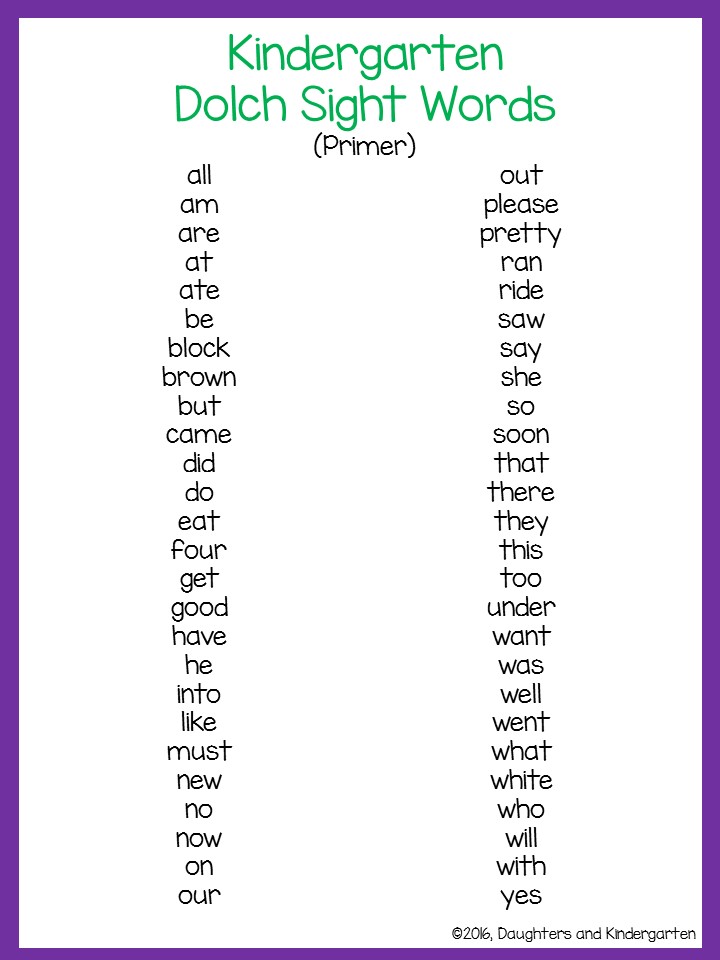 The winner is the participant who in one minute remembers more words that begin with the corresponding syllable.
The winner is the participant who in one minute remembers more words that begin with the corresponding syllable.
Fun game for kindergarten "Who can count faster"
This fun game develops attention, thinking, mathematical skills, reaction speed, the ability to count to ten.
Teams of 10 people participate. Each person is assigned a number that can be written on a card and attached to the player. Players stand one after another in a column so that the numbers go in order.
The leader calls the numbers of the players, they run to the line with the flags, run around the flags and come back. The team in which the player runs faster than the players of the other teams wins.
An advanced version for children who can count to ten.
The leader first sets an arithmetic example within ten. Children solve it, get an answer. The person whose number matches the answer of the example is running.
Option for children who can count within a hundred.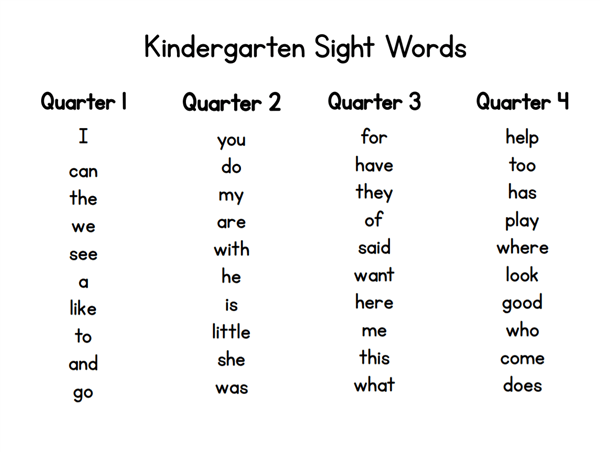
The host calls two-digit numbers, the players run in twos, those whose numbers are included in the named number. Also, the presenter can set examples, where the answer is two-digit numbers.
Fun game for kindergarten “Drive”
All children sit on chairs and pretend to drive a car, saying all the words in chorus: “We are driving, we are driving a car, how fast the tires are rushing! Suddenly we saw a sign! Explain what to do? How?".
After these words, the facilitator shows the children some kind of road sign, one of those that are studied in the classes on the rules of the road in kindergarten. Children explain who and what should do, if there is this sign.
In this game, it is very convenient to use the educational games "Road Signs", "Laws of Streets and Roads", "ABC of Safety" and demonstration materials "Observe traffic rules", "Signs on the roads".
Two teams can participate in this game: one is “drivers” and the other is “pedestrians”.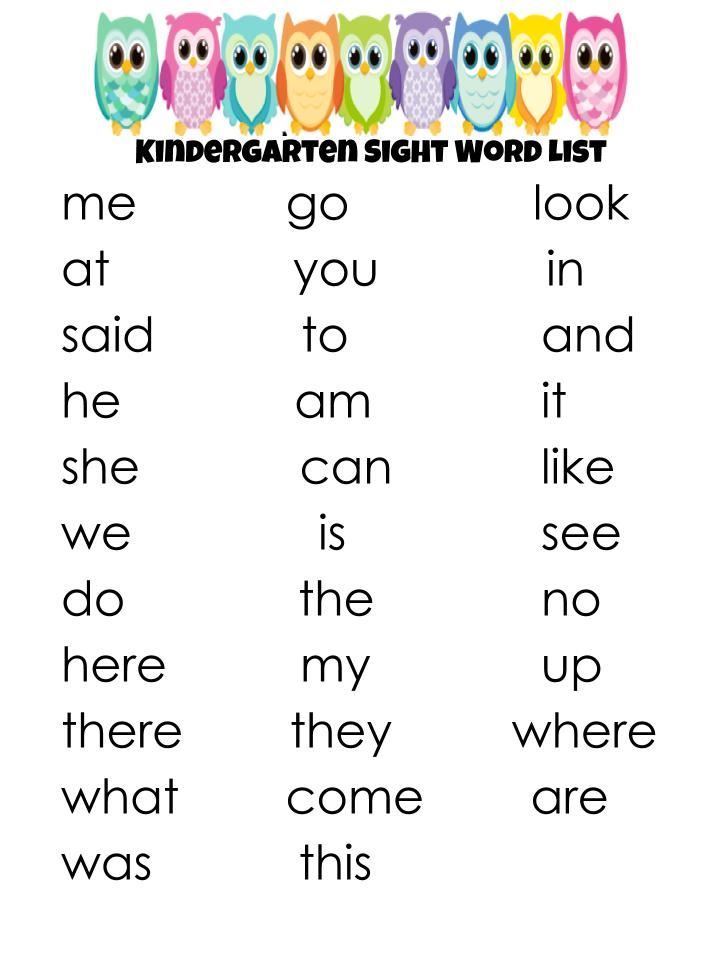 It's great if the kindergarten has a specially equipped area for learning the rules of the road, then the game can take place there.
It's great if the kindergarten has a specially equipped area for learning the rules of the road, then the game can take place there.
Fun game for kindergarten "Getting Together"
The game develops attention, the ability to hear others, to act in a team.
Everyone stands in a circle, the host passes behind the circle and in each ear, so that others do not hear, calls some literary or cartoon character. There should be so many options for heroes that they make up several groups of three to five people.
Then the facilitator explains that all the same characters should get together in a group, but without naming themselves, but by saying some phrases that they say in a literary work. Alternatively, you can say these phrases in the ear of the players, but this will slow down the pace of the game.
For example:
Wolf from the cartoon "Just you wait!" - the phrase "Well, hare, wait a minute!".
Cat Matroskin from the work "Uncle Fyodor, Dog and Cat" - the phrases "Moustache, paws and tail - these are my documents!", "And I can even use a typewriter .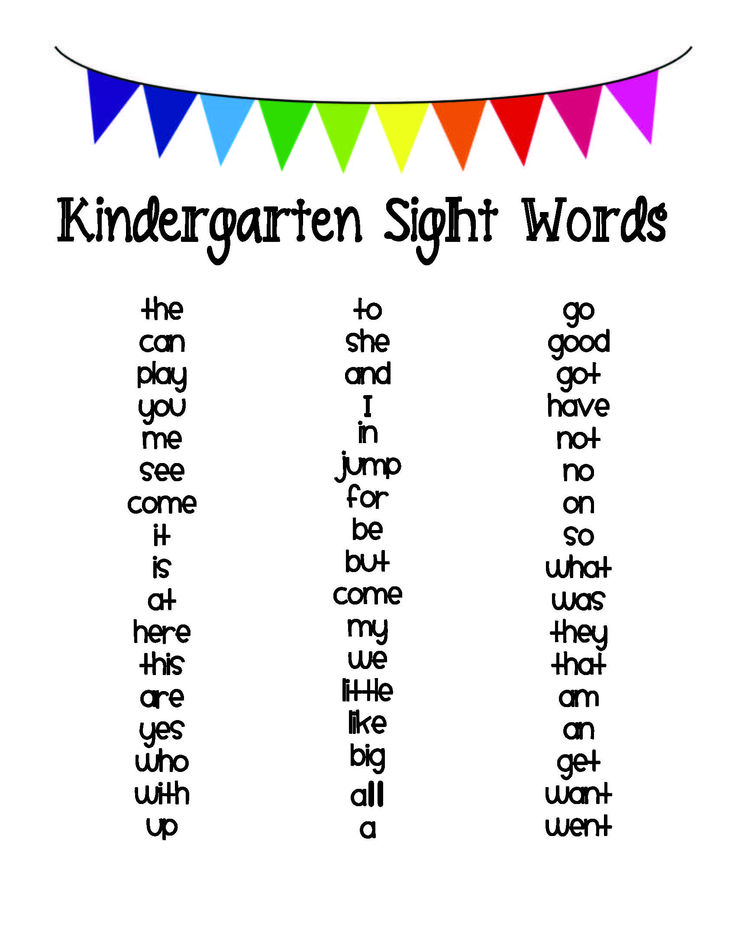 .. And embroider with a cross."
.. And embroider with a cross."
Little jackdaw from the same place - the phrase "Who's there?".
Cat Leopold - the phrase "Let's live together!".
Fox Alice from the fairy tale "The Golden Key or the Adventures of Pinocchio" - the phrase "Poor Pinocchio!".
Winnie the Pooh from the fairy tale "Winnie the Pooh and all-all-all" - the phrases "Who visits in the morning, he acts wisely!", "These are the wrong bees!", "Both of them, and you can without bread."
Piglet from the same work - the phrase "It seems it's going to rain!".
Donkey Eeyore - the phrase "And it goes in and out, it comes out great!".
Each character's phrases may be different.
The task of the players is to understand that these phrases also belong to their hero and unite into a group. When all the same heroes unite, they must say one of their phrases in unison.
Fun game for kindergarten "Let's go, let's go"
The game develops attention, speed of reaction, coordination of movements.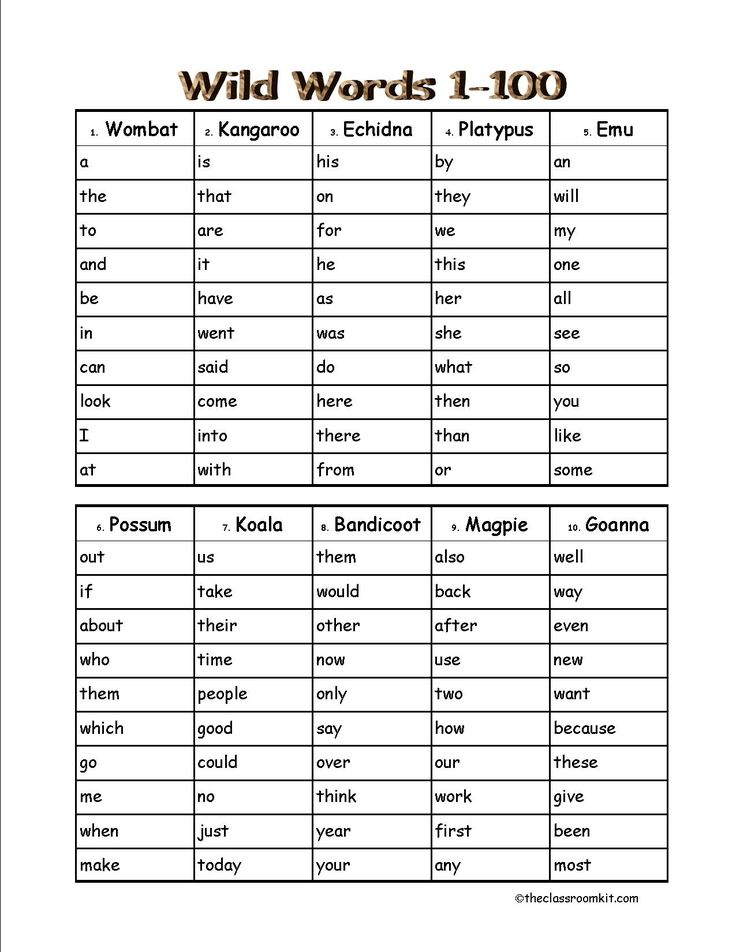
All children sit or stand in a circle, clapping their knees, say: “Let's go, let's go…”, against this background, the leader periodically names some part of the body. Everyone should take her hand. For example: “Let's go, let's go ... Nose! Let's go, let's go ... Heel! Let's go, let's go ... Ear! Let's go, let's go ... Neighbor's ear!
The facilitator deliberately confuses the children by not doing what he says.
The task of children is not to get confused by carefully listening to the leader. The children's mistakes and the host's witty comments make this game especially fun.
Fun game for kindergarten "Forbidden Number"
The game is designed for children who already know how to count to one hundred. The game develops attention. All players stand in a circle.
Task - count to one hundred, without naming the agreed figure and those numbers where this figure is included. For example, the number four.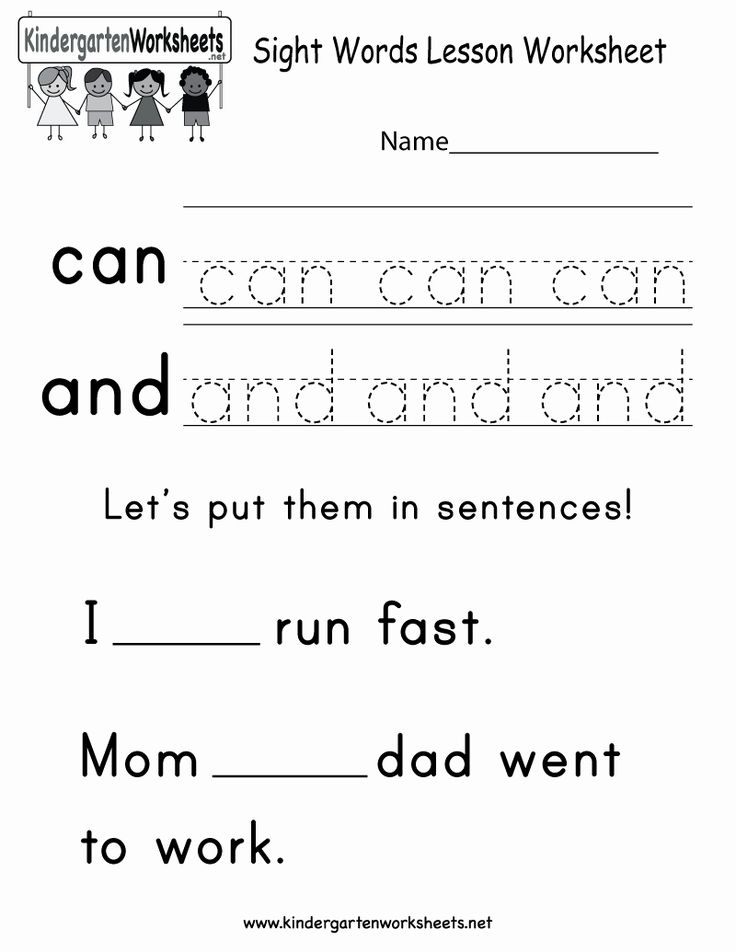

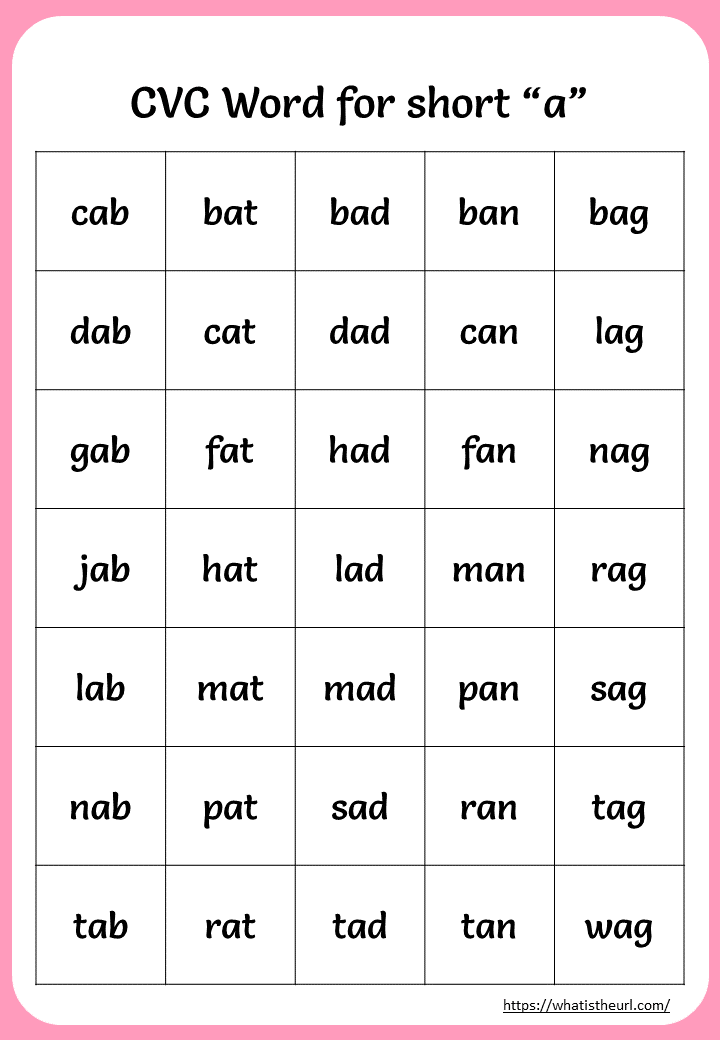 *
*